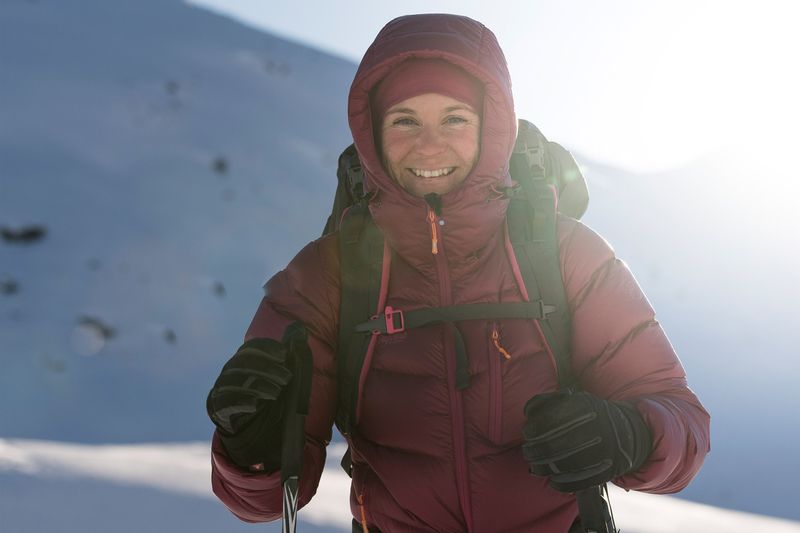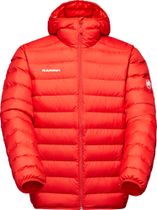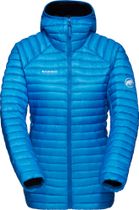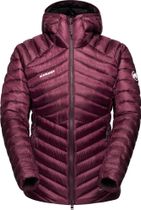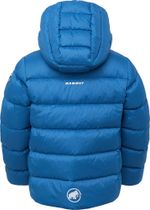They keep you warm, are breathable and can be easily packed - down is often used as a filling material in the outdoor area. Because they are not only light, but can also be pressed very small, which is perfect for sleeping bags or jackets. However, as practical as the down is, its extraction is problematic. For this reason, more and more manufacturers are focusing on sustainable standards for responsible and species-appropriate animal husbandry.
The extraction of down has been very cruel in the past and remains controversial. In order to get the coveted lower plumage of ducks and geese, it is not only accepted to kill the animals in masses, but also to pluck them alive. Before that the animals are fattened under cruel conditions in breeding farms.
Traceable Down Standard
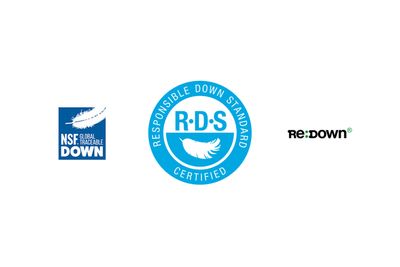
It is controlled that neither live plucking nor force-feeding is used in production. One hundred percent transparency of the entire supply chain ensures that the parent animals are also treated according to this standard. Since 2014, Patagonia guarantees to use only down with proof of origin for production. "We control them from the parent animal farms to the clothing manufacturer to ensure that the birds have never been force-fed or plucked alive."
RDS - Responsible Down Standard
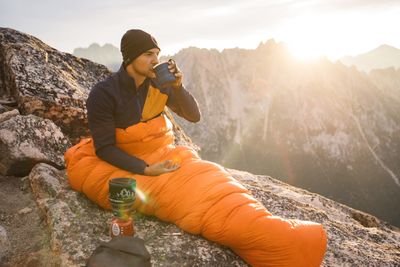
Vaude is not only a role model in many other sustainability areas, the company has also been producing only RDS-certified down since 2016. Other brands that use RDS-certified down are Bergans, Mammut, Haglöfs, Marmot, Outdoor Research and Salewa.
Re:Down
Another approach to protect the animals is Re:Down. Here, down is recycled, e.g. from discarded bed products or sleeping bags. The collected down is washed and sterilized. After being processed in this way, they finally meet the same performance standards as new down. Re:Down recycled down is used by outdoor manufacturer Mammut, among others.
Alternatives to down
However, since it is difficult to prevent the use of live plucked down and the down of dead animals is associated with suffering despite the requirements, other materials should be used. Besides plant down made from kapok, alternatives such as polyester, viscose, Primaloft, Lyocell or cotton are used. These still insulate even when wet, unlike real down, which loses this effect. Brands such as PYUA or Marmot try to produce outdoor clothing comparable to recycled synthetic fibres, e.g. the Eco Featherless collection from Marmot.
